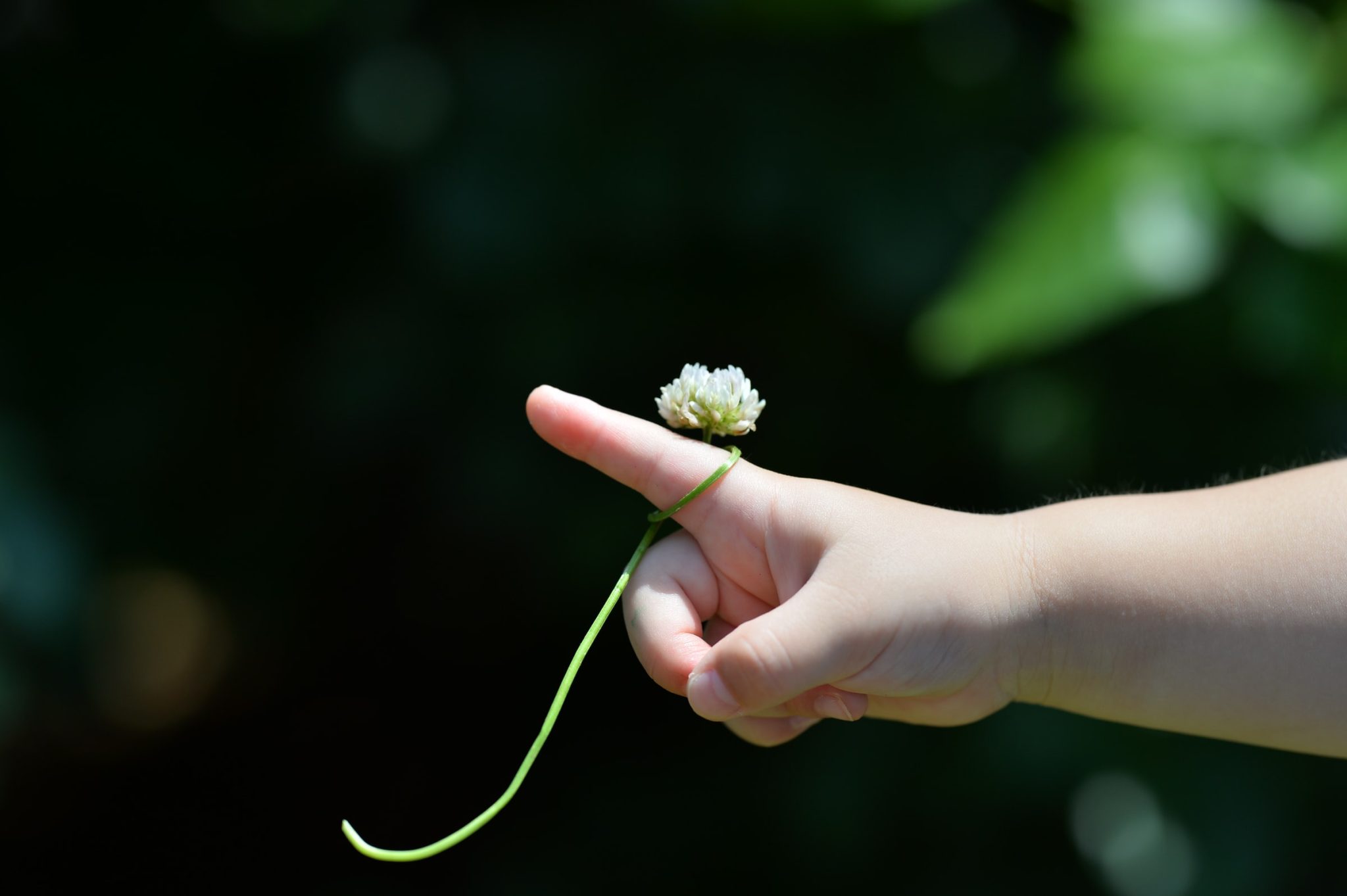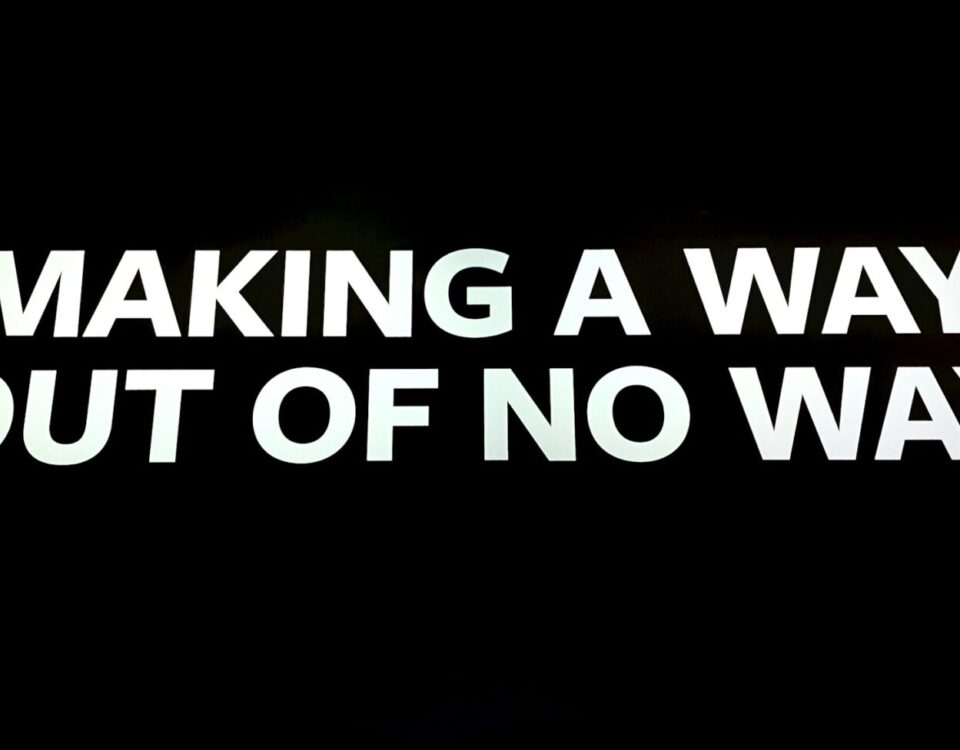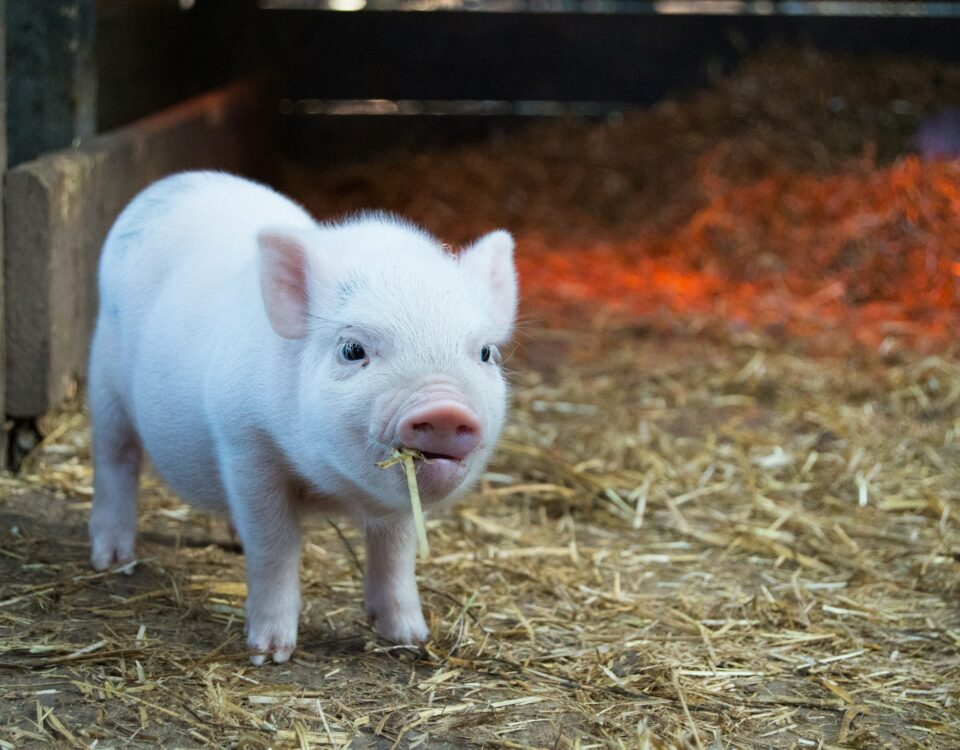
How Will You Remember to Use Your Tools?
April 13, 2022
The Doctor is Sick
April 27, 2022Resilience Moves Forward
“I can’t wait until life goes back to normal.” Returning to “normal” is only possible when you go on a short trip and come back to your undisturbed life. This is not the trip we have all been on for the past few years.
The question isn’t how we go back, but how we go forward. We have a new normal. Masks are always an option. Zoom meetings are regular communication. We pay a lot of attention to people coughing. Leggings are everyday clothes. These are some of the obvious differences. We are also so much more aware that events in another part of the world will impact our everyday life. Our sense of vulnerability has been heightened. How do we strengthen our resilience as we go forward?
Mourn Your Losses
What did you lose during the past few years? We all lost opportunities to celebrate events and to see people. Many lost family members and friends too soon. Jobs and businesses ceased to exist. Don’t be tempted to minimize your loss because others have it worse. You can honor another’s loss at the same time that you acknowledge your own. Naming your loss allows you to grieve it and let it go as best you can, freeing your energy for moving forward.
Appreciate What Went Well
What do you appreciate about the past few years? Family and friend groups found ways to stay in touch through zoom or porch visits. Commutes disappeared for thousands of people, and so much more is available by delivery than ever before. Neighbors met each other and sales of puzzles and board games exploded. Noting what went well allows you to express gratitude for those relationships and activities that got you through.
Acknowledge Ambiguity
We have learned that an enormous health concern can come from a place we have never heard of and impact us in ways we never expected. This requires living with ambiguity. We don’t like ambiguity as it acknowledges an uncertain future, which requires monitoring and decision making based on incomplete information. When you recognize that uncertainty is with us for the long run (and always has been), it allows you to name your edginess and find ways to cope. One way to cope with the unknown is to create a contingency plan for probable events. For example, “I will keep a mask in my car so that if I have to go to a crowded place with poor ventilation, I can put one on.”
Consolidate Your Personal Wisdom
Having mourned your losses, appreciated what went well, and acknowledged ambiguity, how would you sum up what you have learned? Identifying your loss is an exercise in clarifying your preferences. If you didn’t get to do that thing, and it turns out you are ok with that, you are clearer about what you want to do going forward. Appreciating what helped you cope allows you to add them into your life. What have you enjoyed that you want to continue as life becomes more open? As you have lived through years of worldwide ambiguity you have made many adjustments. What new habits and skills did you gain? Reflecting (through journaling or conversation with others) on these topics consolidates your wisdom, allowing you to make deliberate choices going forward.
You can not “make up lost time,” however you can learn from your past to increase your wisdom. You were born into this life and time in history. You have the ability to make changes, large or small in your everyday life to improve your resilience. What knowledge do you plan to take with you into your future?
To learn more, explore learnmodelteach.com for tools, videos, and coaching opportunities.
Peace,
Laura A. Gaines





